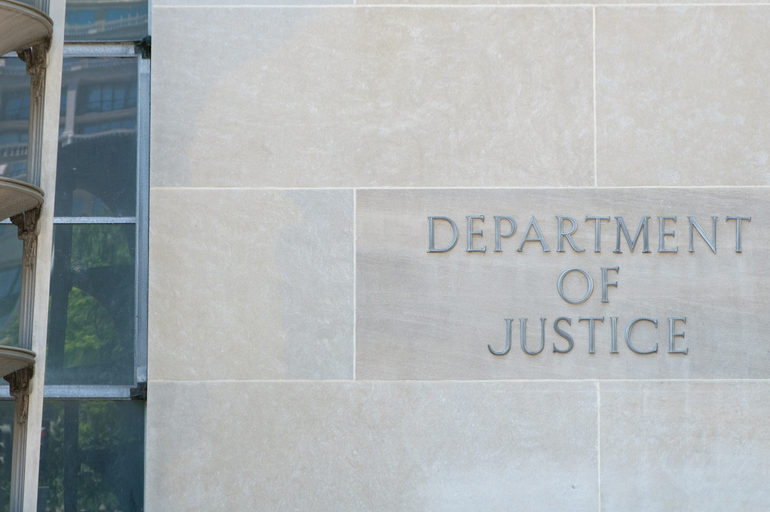
Reforming Independent Counsels
Over the years, I have been exploring different ways that the institution of an independent (or special) counsel can be reformed. See, e.g. here and here. On the one hand, I believe that our existing institutions do a poor job of policing wrongdoing by high government officials. Independent counsels have the potential to address that wrongdoing.
On the other hand, I believe that the former independent counsel statute and the special counsel regulations are both poorly designed for that purpose. Under both sets of regulations, the independent counsel (IC) has incentives to promote his own career advancement at the expense of fairness to the targets of his investigation.
While many of my proposed reforms would significantly improve the institution of the IC, here I want to add another proposal that would operate in tandem with these other reforms: ICs should be subject to oversight by a committee which can investigate and take action against wrongful IC behavior.
The premise of the IC arrangement is that the IC is an independent, nonpartisan actor who can be relied upon to police wrongdoing in a neutral and fair fashion. But if the last four decades have shown us anything, they have made clear that neutral and fair behavior cannot be expected under existing institutions. ICs almost always attempt to secure convictions against as many high level officials as possible – even if this does not directly further the purpose of their investigation. In particular, they often prosecute people not for the original matters they were tasked with investigating, but instead with other matters or with matters incidental to the original one.
Part of the problem with ICs is that they can engage in problematic behavior during their investigation without being called to account. As prosecutors they are largely immune from sanctions. And while under the special counsel regulations (and to a lesser extent the old IC statute), they are subject to the supervision of the Attorney General, this supervision is unlikely to be effective. Since the IC is supposed to be insulated from political forces, action by the AG is unlikely to occur except in the most extreme of cases. Yet, the IC can take very harmful actions during his tenure. For example, Patrick Fitzgerald prosecuted Scooter Libby for perjury, even though Fitzgerald knew from early in his investigation that not Libby, but Richard Armitage had released the information about Valerie Plame to the press.
How then to effectuate this monitoring? There should be a three-person committee (preferably appointed by the President with the advice and consent of the Senate) selected to review and monitor the special counsel. The committee would conduct a review of the actions of the special counsel every 90 days. The committee, which would be entitled to all information that the special counsel has, would write a report based on each of their 90 day reviews. That report would be given to the President and the AG.
The committee should consist of a diverse group of people. It should include members of both political parties. It should not consist entirely of prosecutors. And it should include one former judge.
The committee would have both binding and advisory powers. If all members of the committee supported an action, then the action might be binding. For example, if the IC had violated a regulation or rule governing the IC, then the committee could recommend that the action be withdrawn. For example, if an indictment was outside the scope of the IC’s jurisdiction, then the unanimous committee could have it withdrawn. Or if the IC did not hire a politically integrated staff, as I recommend the law should require, then the committee could negate the actions of the staff and force the IC to make new hires.
If only one or two of the members of the committee recommended an action, then it might be open to the President or the AG to take the action. Normally, it is politically difficult for an administration that is being investigated by an IC to constrain the actions of the IC. But if a majority of the committee recommended an action, that would provide the administration with political cover to take it.
This procedure would have two significant benefits. First, it would allow the committee (or encourage the President and the AG) to reverse actions taken in violation of the rules. But it would also discourage violations of those rules. ICs would know that their actions would be reviewed and that their misdeeds would be likely to be discovered. Hence, the committee would both discourage misdeeds as well as correct wrongs before their harm was largely irreversible.
Mike Rappaport